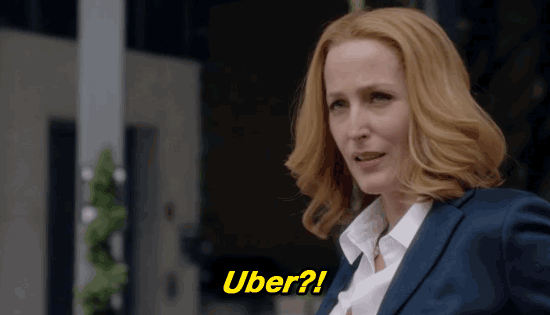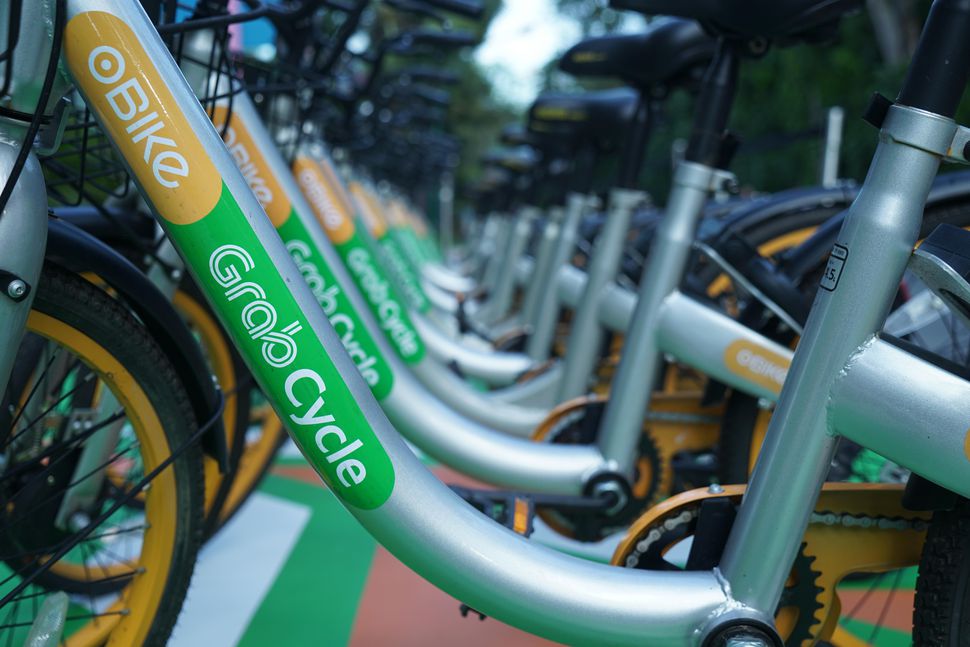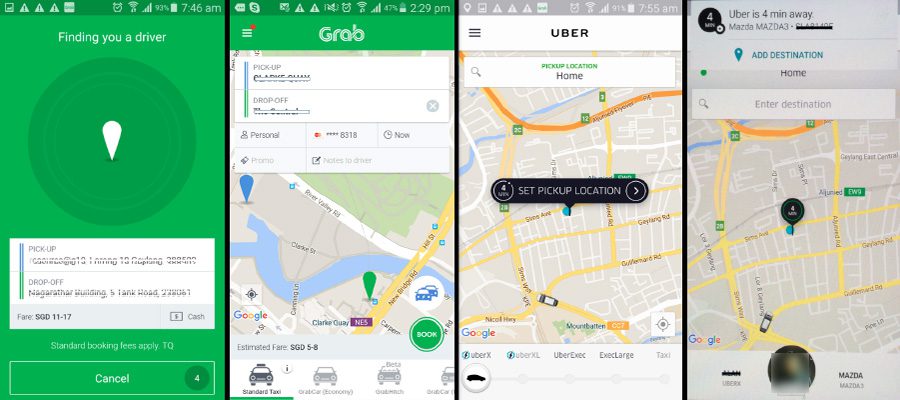Uber Technologies has reached an agreement to sell its Southeast Asian ride-hailing business to rival Grab.
The agreement – which includes all of Uber’s operations in south-east Asia as well as Uber Eats in the region – gives Uber a stake of 27.5% in the new combined business, marking another major retreat from international markets for Uber. Users can still use the Uber app until 8 April 2018.

Meanwhile, Uber Eats operations will soon be integrated to GrabFood, which will be expanded to all major Southeast Asian countries by next quarter. This will be another great use case to drive continued adoption of the GrabPay mobile wallet and support Grab’s growing Financial Services platform.
Grab is now backed by the world’s two largest global ride-hailing companies (DiDi Chuxing and Uber), in addition to leading global investor SoftBank. All three companies have significant stakes in Grab and are committed to its continued success in Southeast Asia.

Travis Kalanick, Uber’s former chief executive officer, sold Uber’s business in China in 2016 in return for a 17.5% stake in Chinese ride-hailing leader Didi Chuxing. Then Uber agreed to sell its Russian business to Yandex – just before Dara Khosrowshahi took over as chief executive.
This deal also underscores how SoftBank Group, a major backer of Grab’s and Uber’s as well as China’s Didi Chuxing, has become the dominant investor in car-booking companies worldwide. Last summer, Softbank and Didi were part of a group that put $2.5bn into Grab, in a funding round that valued the company at $6bn.

Uber has been pushing to clean up the company’s financials in preparations for an initial public offering next year. Pulling out of markets like south-east Asia would boost profits at the company that has lost $US10.7 billion since its founding nine years ago.
It is also recovering from a year of scandals that saw co-founder Travis Kalanick forced out as chief executive in June amid U.S. criminal inquiries and a workplace marred by sexual harassment allegations.

Grab, which has more than 86 million mobile app downloads, now offers services in more than 190 cities across Singapore, Indonesia, the Philippines, Malaysia, Thailand, Vietnam, Myanmar and Cambodia.
[Source]










